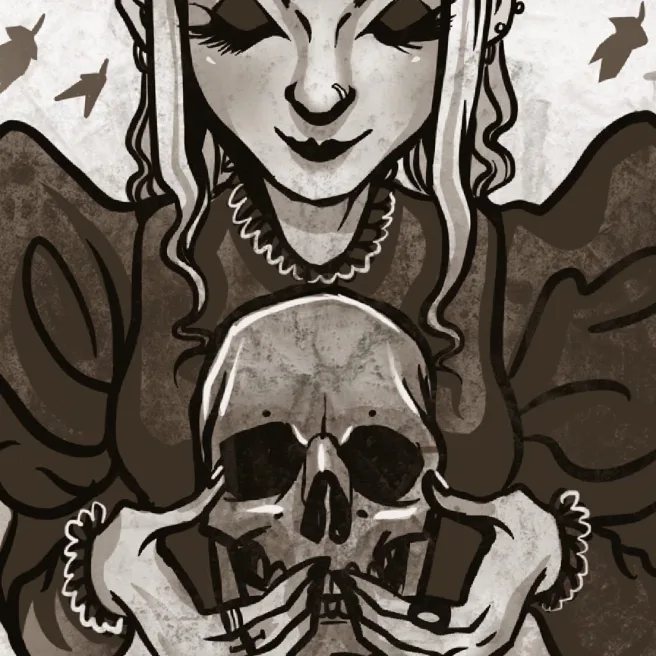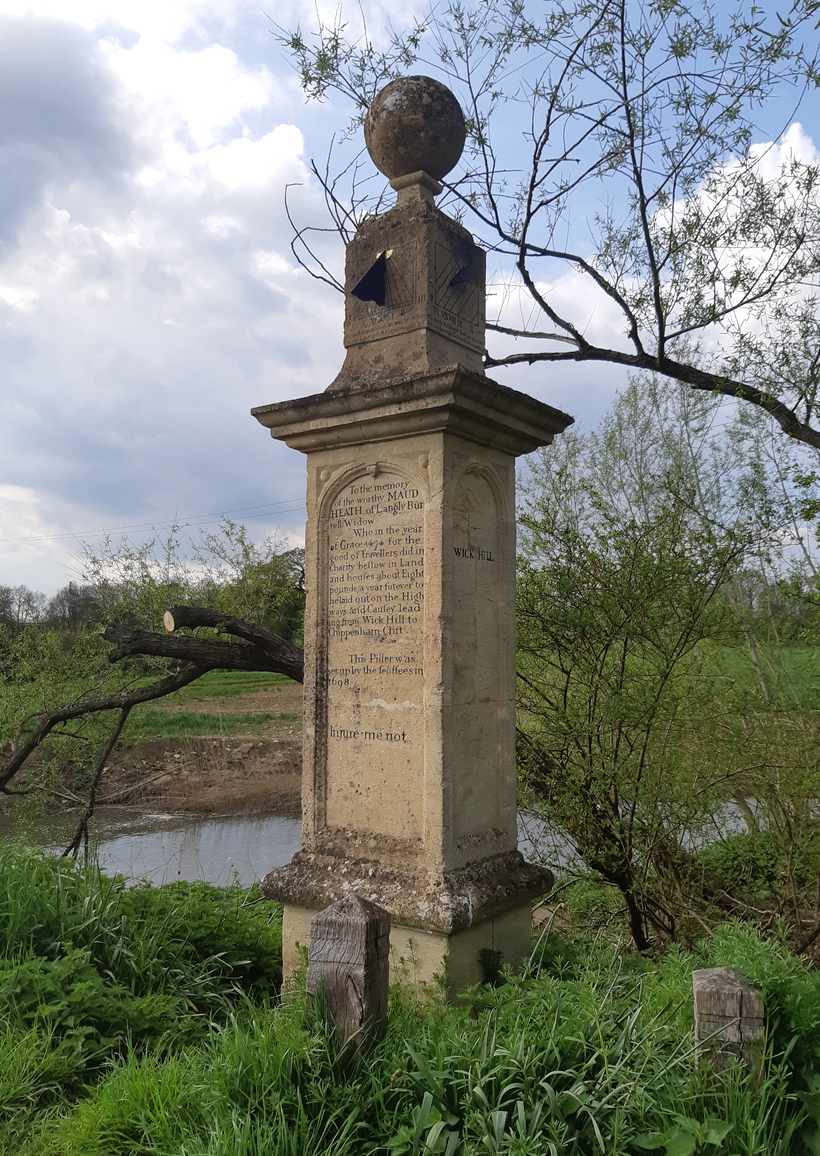On the vineyard terrace within the grounds of Sanssouci Palace in Potsdam lies a large, simple grave ledger reading, ‘Friedrich der Grosse’. Other smaller slabs with family names circle it, imperceptible amongst the neat grass verges. Friedrich’s, although basic in construction, is really rather unusual, especially for the grave of a royal. Why? There are always potatoes nearby.

Prussian King Friedrich der Grosse was unlike most historical aristocrats in that he issued fifteen separate decrees concerning the use and cultivation of potatoes. On 24th March 1756, Friedrich passed an order to hugely increase potato crops within his country. Prior to this, the potato was not widely used by Germans as a popular foodstuff and were predominantly used for decoration. According to William Schupbach, another reason for the countrywide reticence to utilise the nutritional qualities of the potato was due to the ‘religious primacy of bread: the Lord’s Prayer included the line “Give us this day our daily bread”, whereas the potato originated in the heathen Americas and was not mentioned in the Bible.’[1]
Friedrich pushed his potato agenda not simply for a love of the food, but following particularly bad cereal harvests and subsequent famines. Many people remained suspicious of the potato, so the king took it upon himself to be the humble potato’s biggest publicist, coining the phrase ‘Potatoes instead of Truffles!’ Nonetheless, citizens were not taken with the spud, with Anthelme Brillat-Savarin writing in 1825 that, “I appreciate the potato only as a protection against famine, except for that, I know of nothing more eminently tasteless.”[2]
Across Prussia and Germany, the saying ‘Was der Bauer nicht kennt, frisst er nicht’ (What the peasant doesn’t know, he will not eat) became widespread with the town of Kolberg directly replying to the king with ‘The things [potatoes] have neither smell not taste, not even the dogs will eat them, so what use are they to us?’
But the potato king was not to be mashed. After cultivating potato fields around Berlin, he utilised his military strength and had army units guard the fields, in case of any potato theft. The king, nor the army, expected anything of the sort, but the seeds of doubt were sown. The army was told to be careless in their guarding, turning away or sleeping to allow suspicious, light-fingered citizens to profit from the crop, taking their spoils home. Subsequently, the potato became an important crop across the country, and the kings intentions were fulfilled.
Friedrich’s original tomb was removed in 1943 (the church that housed it would be bombed in 1945), with his body transported to Marburg where it remained until 1991, from where the king’s body returned to Potsdam, and was given the ‘philosopher’s grave’ he had always wanted. Alongside flowers, visitors to the palace leave potatoes nearby in a unique tradition that shows no sign of stopping.
***
Liked this post? Then why not join the Patreon clubhouse? From as little as £1 a month, you’ll get access to four brand new posts every week (articles, pictures, videos, audio) and full access to all content before that! Loads of exclusive stuff goes on Patreon, never to be seen on the main site. Pop on over, support my work, have a chat and let me show you my skulls…
www.patreon.com/burialsandbeyond
***
Further links and reading:
http://blog.wellcomelibrary.org/2013/10/potsdam-for-piety-potatoes-pleasure-and-parades/
https://en.wikipedia.org/wiki/Frederick_the_Great
All photographs my own, unless otherwise stated.
[1]http://blog.wellcomelibrary.org/2013/10/potsdam-for-piety-potatoes-pleasure-and-parades/
[2]‘The Physiology of Taste’ (1825)








Leave a comment